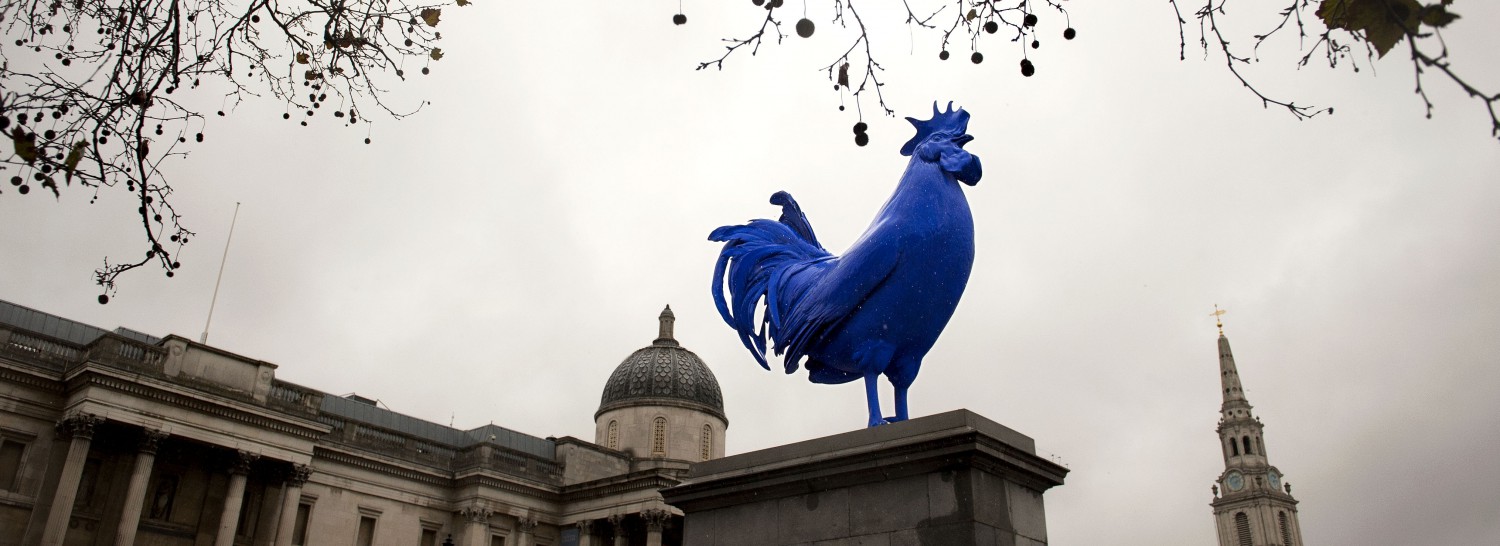Title: Art, Exemplars, Knowledge
18 October 2017
16:00-18:00
Senate House Room 234
Abstract:
I am an epistemologist who turned to painting. I now want to paint a new conception of
knowledge, truth and evidence derived from aesthetic experience. My argument (2012) is
that aesthetic response in perception of art leads to a new theory of knowledge as the
exemplars of aesthetic experience become vehicles of representation. As we attend to the
aesthetic experience, it becomes both vehicle and referent of the meaning of our thoughts
about the work of art. I call the process of representation exemplarization. It is argued
that this form of representation resolves the dispute between Bullough (1912) and Dickie
(1964) concerning esthetic distance modifying the idea of a presentational symbol in
Langer (1957) and exemplification in Goodman (1968). The insertion of the experience
into the meaning of our thoughts about the object creates empirical evidence out of
meaning as the aesthetic experience becomes an exemplar representation of itself. I have
called this focus reflexive and ostensive exemplarization. That focus may block and
bracket other thoughts and conceptions creating aesthetic distance as the exemplar
representation of the experience distances itself from other thoughts and conceptions.
The experience shines in brilliant isolation in the aesthetic response of exemplar
representation looping back onto itself and showing it what it is like. Exemplar
representation explains how we know what conscious experience of the artwork is like.
